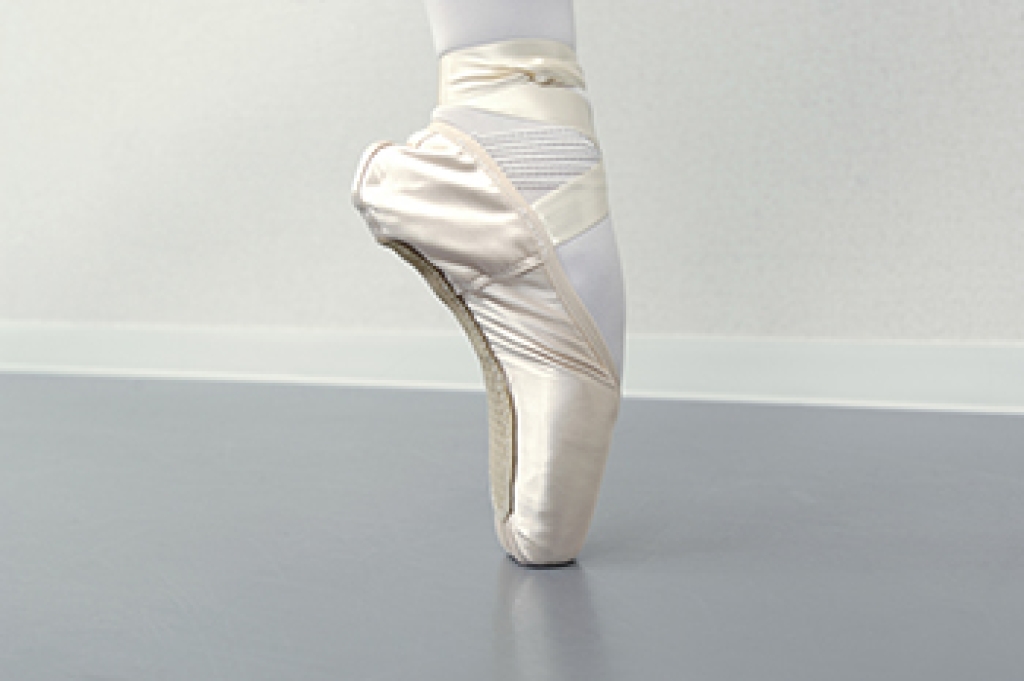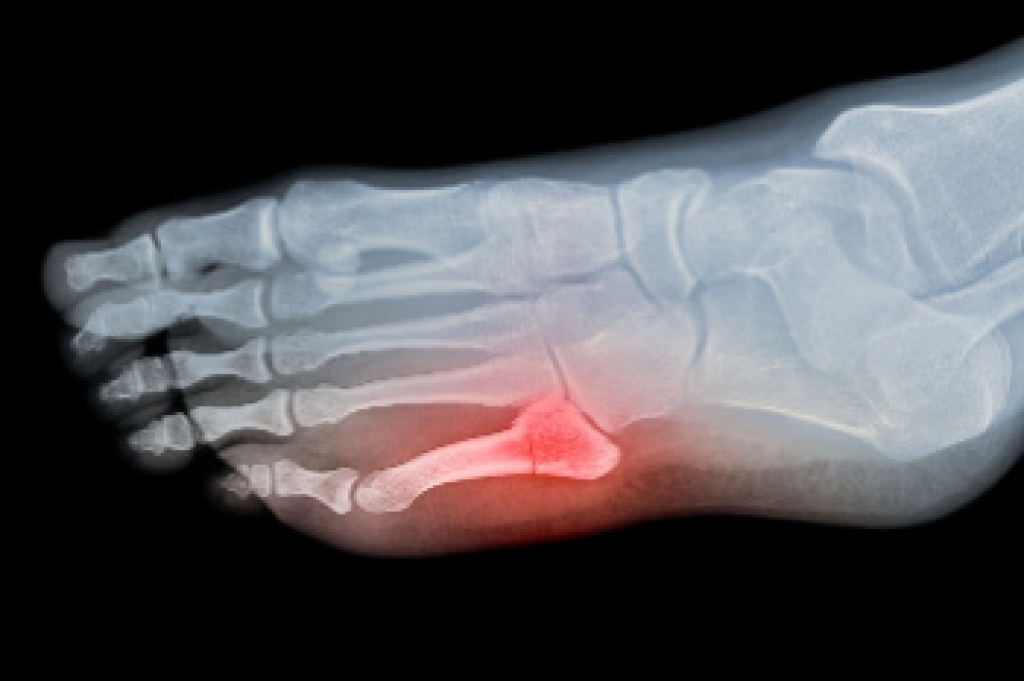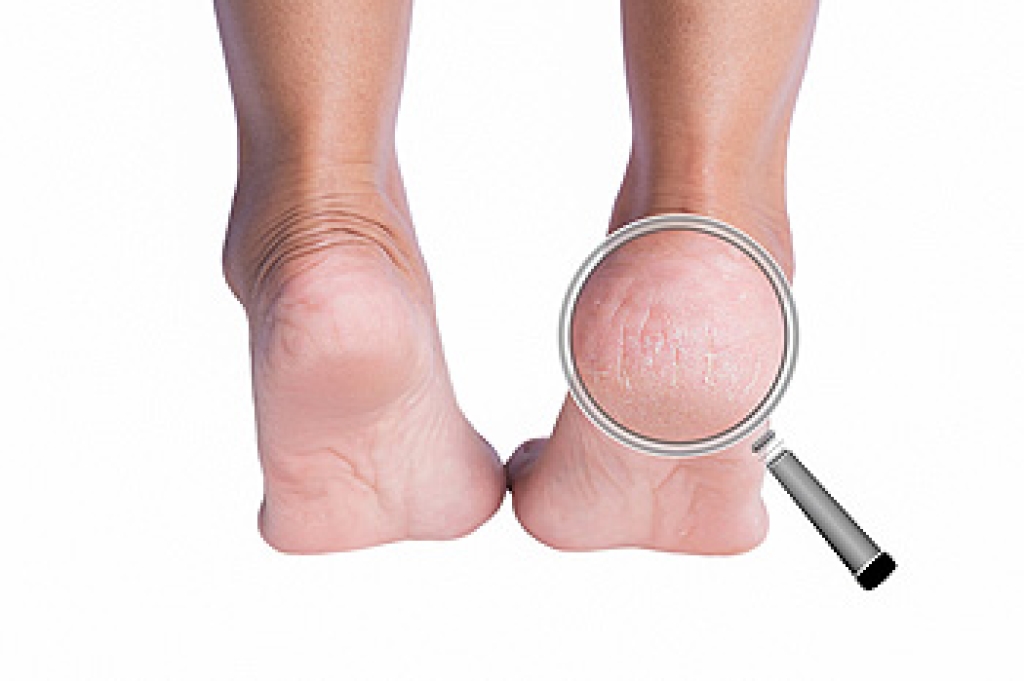
In ballet, the bones of the foot work together to create strength, grace and precise control. Proper alignment allows dancers to move smoothly while maintaining balance and stability. In first position, the feet turn outward from the hips with the heels close together, creating a stable base that requires even weight distribution through the foot bones. In second position, the feet remain turned outward, but are spaced apart increasing the base of support and allowing greater balance, movement and freedom. These positions rely on coordinated function of the bones, joints, and muscles to manage space and control body weight. A podiatrist can help dancers by evaluating foot mechanics, addressing pain, and preventing injury through supportive care. If foot discomfort affects your dancing, it is suggested that you consult a podiatrist who can provide effective relief techniques, enabling you to dance freely again.
If you have any concerns about your feet, contact Deborah Rosenfeld from Rosenfeld Podiatry. Our doctor can provide the care you need to keep you pain-free and on your feet.
Biomechanics in Podiatry
Podiatric biomechanics is a particular sector of specialty podiatry with licensed practitioners who are trained to diagnose and treat conditions affecting the foot, ankle and lower leg. Biomechanics deals with the forces that act against the body, causing an interference with the biological structures. It focuses on the movement of the ankle, the foot and the forces that interact with them.
A History of Biomechanics
- Biomechanics dates back to the BC era in Egypt where evidence of professional foot care has been recorded.
- In 1974, biomechanics gained a higher profile from the studies of Merton Root, who claimed that by changing or controlling the forces between the ankle and the foot, corrections or conditions could be implemented to gain strength and coordination in the area.
Modern technological improvements are based on past theories and therapeutic processes that provide a better understanding of podiatric concepts for biomechanics. Computers can provide accurate information about the forces and patterns of the feet and lower legs.
Understanding biomechanics of the feet can help improve and eliminate pain, stopping further stress to the foot.
If you have any questions please feel free to contact our office located in Marlton, NJ . We offer the newest diagnostic and treatment technologies for all your foot and ankle needs.





